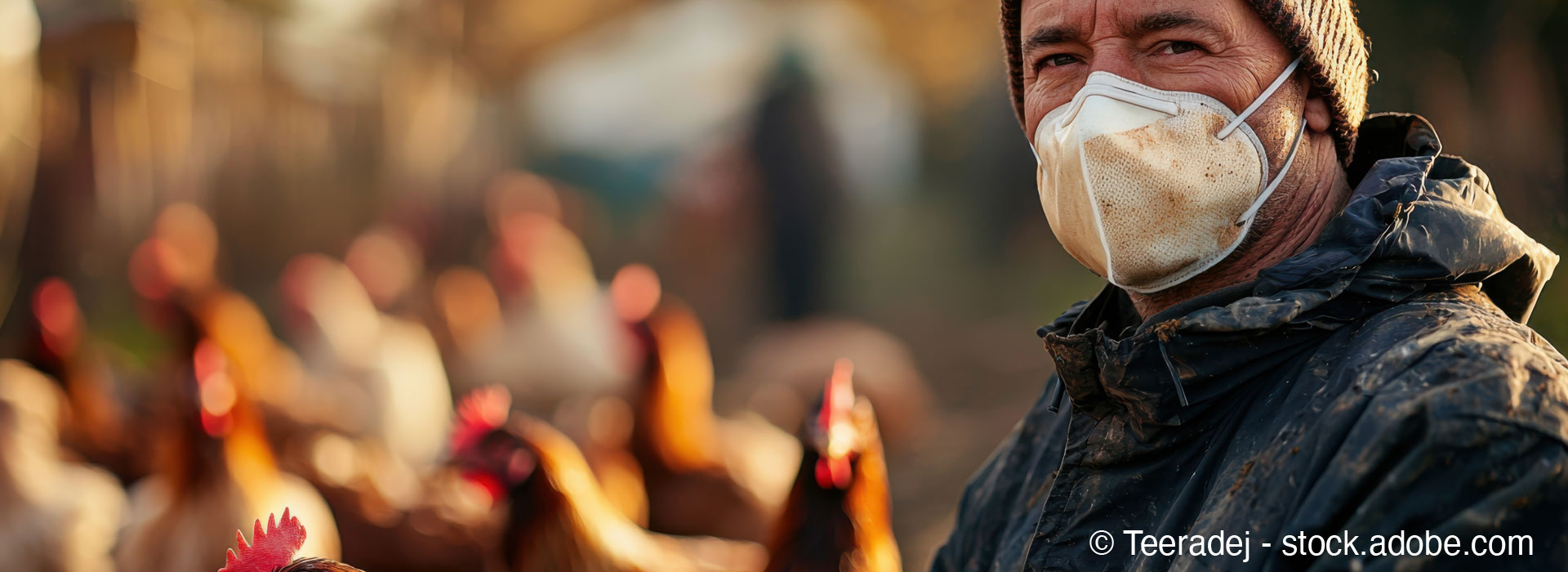

By law, you must follow the rules for the disease control zone that you’re in. If bird flu is suspected, 3km and 10km temporary control zones may be put in place around the infected premises. (To find out if or which zone you are in, cosult the avian flu map tool on the goverment web page).
If bird flu is confirmed, disease control zones are put in place around the premises to stop it spreading:
When a case of highly pathogenic avian influenza (the most serious type of bird flu) has been confirmed in poultry or other captive birds, one of the following controls are put in place around the infected premises:
When a case of low pathogenic avian influenza (the less serious type of bird flu) has been confirmed in poultry or other captive birds, a 1km restricted zone may be put in place around the infected premises.
Sometimes larger zones are put in place to reduce the risk of bird flu spreading.
In all disease control zones, you must:
In 3km protection zones and 3km temporary control zones, you must:
If you’re in a 10km surveillance zone or a 10km temporary control zone, you must:
If you’re in a captive bird (monitoring) controlled zone, you must:
For the latest and up to date informatio please contact DEFRA or find advice on www.gov.uk/avianflu.
DULVERTON PRACTICE:
Mon-Fri: 9:00AM - 5:00PM
-by appointment only-
Saturday: 9:00AM - 11:30AM
- by appointment only-
BAMPTON PRACTICE:
Tue AND Fri: 3:30PM - 4:00PM
- by appoinment only-
TELEPHONE NUMBER: 01398 323285
Mail: dulverton.vets@btconnect.com
We can be extremely busy at times, so if we have seen your pet within the last 6 months, please ring or email us with your request and we will have it ready for you when you arrive. We would also kindly ask you to order flea and tick treatments in advance to minimise waiting times. Thank you. Tel:01398 323285
I need a prescription!